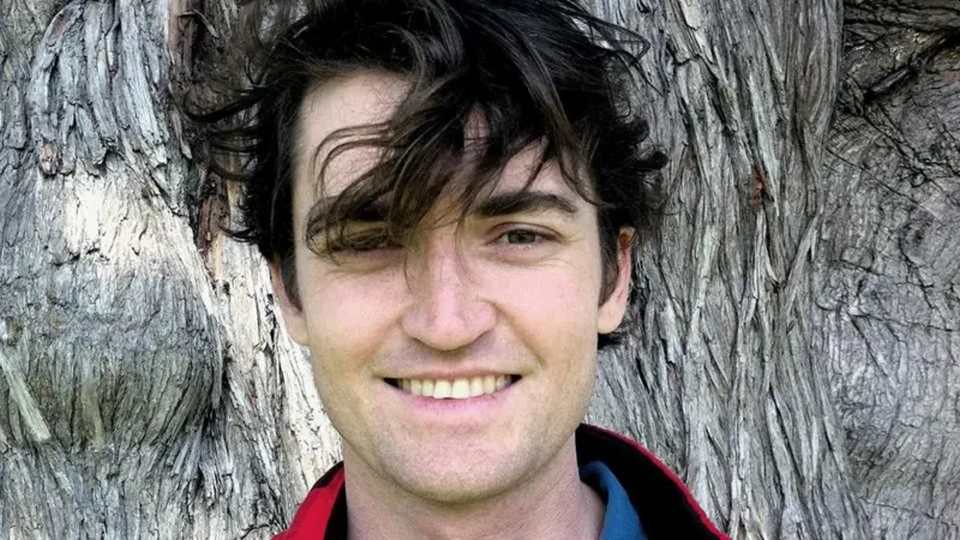Silk Road founder Ross Ulbricht is finally free: Granted full pardon by Trump, ending life sentences

In a move that has reignited debate around justice in the digital age, President Donald Trump granted a full and unconditional pardon to Ross Ulbricht, the founder of the infamous dark web marketplace Silk Road. Ulbricht, who was serving two life sentences plus 40 years, walked free after over a decade in prison.
In a post, President Trump stated, “I just called the mother of Ross William Ulbricht to let her know that in honor of her and the Libertarian Movement, which supported me so strongly, it was my pleasure to have just signed a full and unconditional pardon of ….”
He further criticized those involved in Ulbricht’s conviction, describing them as “the scum that worked to convict … .” Trump concluded by calling Ulbricht’s sentence “ridiculous.”
Commenting on Ulbricht’s pardon, Elon Musk said, “I was honored to be in the Oval Office tonight when @POTUS signed this.”
I was honored to be in the Oval Office tonight when @POTUS signed this https://t.co/QeRn8XFqOj
— Elon Musk (@elonmusk) January 22, 2025
The Case That Shaped the Dark Web
Ross Ulbricht, now 40, was arrested in 2013 for operating Silk Road under the pseudonym “Dread Pirate Roberts.” The platform, launched in 2011, became a hub for anonymous transactions involving illegal goods, from narcotics to counterfeit documents. Using Bitcoin as its primary currency, Silk Road not only drew millions of users but also the attention of law enforcement, culminating in its shutdown by the FBI in late 2013.
Ulbricht’s conviction in 2015 included charges of drug trafficking, money laundering, and computer hacking, resulting in a sentence critics have long argued was excessively harsh for a non-violent offender.
A Campaign Promise Kept
Trump’s decision to pardon Ulbricht fulfills a pledge made during his 2024 presidential campaign. Addressing the Libertarian National Convention, Trump promised to review Ulbricht’s case, citing support from libertarian advocates who viewed the punishment as a severe overreach.
Announcing the pardon on his platform, Truth Social, Trump expressed sympathy for Ulbricht’s family and sharply criticized the prosecutors involved in the case. “Ross’s sentence was a grave injustice,” he wrote.
Divided Reactions
Supporters of the pardon, including prominent libertarian groups, hailed it as a victory for justice and individual liberty. Ulbricht’s attorney, Brandon Sample, expressed gratitude, saying the decision finally gives Ulbricht a chance to rebuild his life.
However, the move has drawn criticism from those who see it as undermining accountability for cybercrimes. “Silk Road facilitated untold harm,” one commentator noted, arguing that leniency could set a troubling precedent for future cases involving illegal online activity.
The Bigger Picture
Ulbricht’s release highlights broader questions about justice, technology, and personal freedom. As digital platforms evolve, so do the challenges of regulating them. For some, the pardon represents a step toward addressing perceived overreach in sentencing for tech-related offenses. For others, it underscores the delicate balance between innovation and accountability in the online world.
As Ross Ulbricht re-enters society, his case remains a lightning rod for conversations about fairness and the future of the internet’s uncharted territories.




